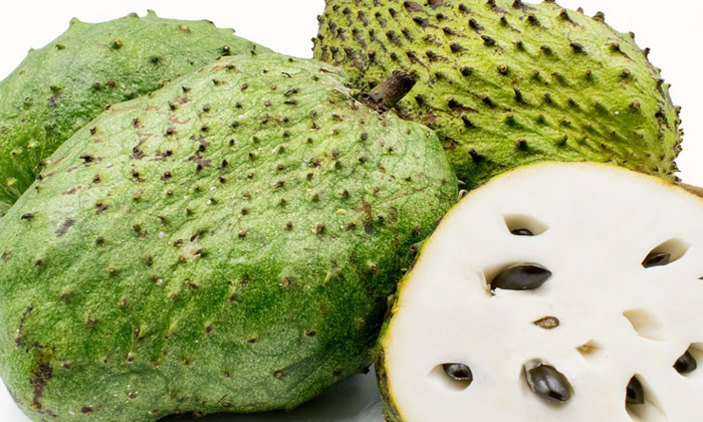
Soursop: Check Out The Wonders Of This Weird-Looking Fruit
Posted by Amarachi on Wed 30th Oct, 2019 - tori.ng
Also known as graviola, soursop is a large prickly, heart shaped green colored fruit growing in tropical regions. It is covered with ridges on the outside and has a soft juicy flesh inside. As it ripens, it becomes slightly soft and light green externally.
As seemingly dangerous as this fruit appears, it helps keep you healthy in these ways:
Fights Inflammation
According to a study carried out in South America and tropical Africa, it emphasized on the anti-inflammatory properties of the roots, barks, and leaves of the soursop tree. The ability to treat inflammation is good in soursop, and it can be used for relieving arthritis.
In addition to the anti-inflammatory effect, soursop is also known for its analgesic effects.
Soursop Treats Fever
Traditionally, soursop is used to treat fever. In Africa, a decoction of soursop leaves is used to control feverish symptoms and convulsive seizures.
As per an Indian study, the soursop fruit and its juice can not only treat fever, but also act as an astringent for diarrhea and dysentery. The fruit can help treat fever in children as well; soursop is widely used for this purpose in Africa.
Boosts Immune System
According to a Korean study, the juice of the soursop fruit was found to provide more micro-nutrients than its pulp. But the pulp has more amount of vitamin A than the juice. Soursop is also rich in ascorbic acid (vitamin C) that strengthens and boosts the immune system. Beta-carotene, the precursor of vitamin A, also contributes to an enhanced immune system.
The medical information provided in this article is provided as an information resource only. This information does not create any patient-physician relationship and should not be used as a substitute for professional diagnosis and treatment.



















































